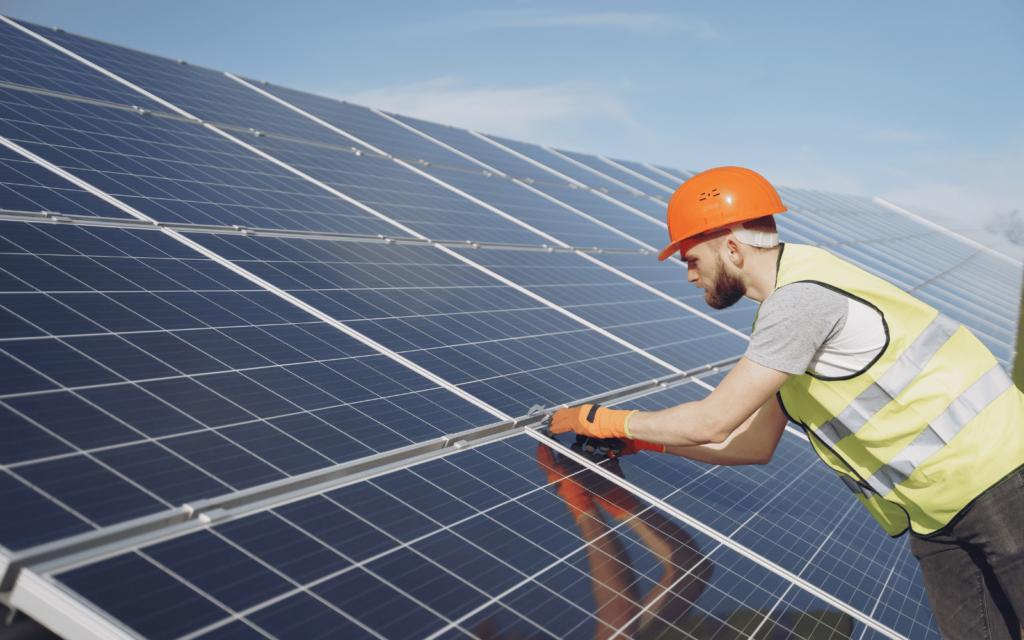Eskom has begun construction on its first Battery Energy Storage System (BESS) project, with the team breaking ground for the first time at BESS’s Elandskop site yesterday. The power provider has teamed up with Hyosung Heavy Industries – one of the service providers the utility appointed to the job.
The project is expected to take between seven and twelve months to complete. Keep in mind, this is Eskom we’re talking about. Expect delays to slow down production significantly over the coming year.
Construction of Eskom’s first battery energy storage project begins pic.twitter.com/u63SN9Nutu
— Eskom Hld SOC Ltd (@Eskom_SA) December 8, 2022
Charged with Battery

Eskom’s BESS will have a capacity of 8MW, equivalent to 32MWh of distributed electricity – a number sufficient enough to power a small town (e.g., Howick) for four hours when the grid goes offline. It’ll also relieve pressure from the grid when it isn’t being used during peak hours.
Throw in 2MW of solar photovoltaic capacity and the expansion of 833MWh across eight Eskom Distribution substations around the country and you’ve got a decent phase 1. The real trouble is actually completing phase 1.
“The beginning of the construction of the Elandskop BESS is a positive development in our efforts to alleviate the pressure on the national electricity grid,” says CEO, André de Ruyter. “This is a direct response to the urgent need to address South Africa’s long-running electricity crisis by adding more generation capacity to the grid and also to strengthen the grid by adding more storage and transforming capacity.”
Read More: Eskom delays scheduled maintenance for Koeberg station to avoid Stage 7 load shedding
Phase 2
Once phase 1 wraps up, the state-owned power utility can begin work on expanding BESS’s storage capacity even further. This includes the installation of another 144MW of storage across four of Eskom’s substation sites. A further 58MW of solar photovoltaic capacity is also being added.
“Eskom has identified distributed storage as an alternative to support renewable energy expansion in South Africa, and we have taken the necessary steps to ensure the successful implementation of the BESS project,” said Velaphi Ntuli, Eskom’s General Manager.
The entirety of the BESS project is expected to cost R11 billion. Funds are coming in the form of concessional loans from the World Bank, African Development Bank and the New Development Bank. All the sites across phase 1 are expected to reach commission by the end of June 2023, with phase 2 expected to complete by the end of 2024.




